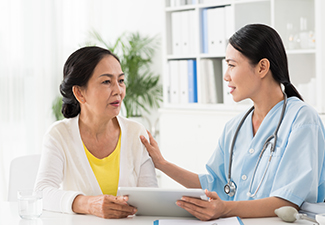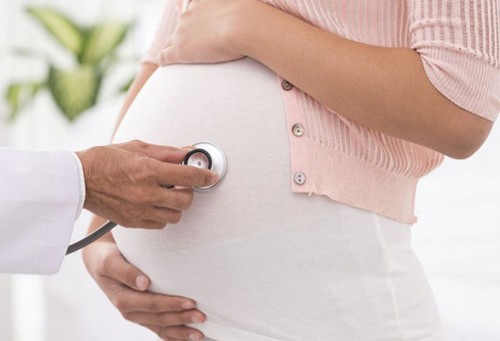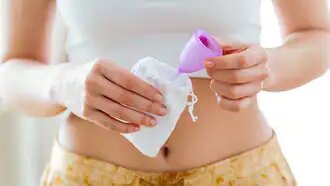Lacy underwear may be flattering once in a while, but synthetic thongs may be bad for vaginal health in summer, says an expert.
The lacier and racier the lingerie, the pacier the sex! The advertising world may have done its best to convince women – and men – about the power of sensual intimate wear to spice up your life, but ladies, you’ve got to think about your vaginal health! The ever-evolving world of lingerie is flooded with V-strings, G-strings, T-strings, cheekiness, thongs, and whatnot, but the humble cotton hip-hugger may well be your BFF when it comes to keeping your vaginal health in check, especially when it’s as hot as 40 degrees!
Yes, lacy lingerie may make you feel flattered, but wearing nylon and polyester varieties of underwear for a long duration can play spoilsport. Imagine sweating profusely down under, while the thong makes itself comfortable in your butt-crack, or even while the tummy tucker tries to squeeze in the jelly belly. Doesn’t sound comfortable, isn’t it?

Well, it may not even be good for your health as these styles could lead you to face skin irritation, inflammation, and chafing. Also, it’s good to remember that it’s not a one-size-fits-all formula, and so synthetic underwear may work for some – as long as it does not trap moisture and allow the dreaded yeast to thrive.
Are thongs bad for your vaginal health?
Dr Meeta Nakhare, Gynecologist, Lokmanya Hospital, Pune, tells Health Shots that wearing thongs, lace underwear, nylon hip-huggers, and tummy tuckers when in scorching heat can lead to a variety of problems.
“Summer can not only cause skin or gastrointestinal issues but also vaginal problems. Wearing inappropriate undergarments during sunny days can cause irritation, sweating, or redness down there, says Dr. Nakhare.
1. Thongs, lace underwear, and nylon hip-huggers cause infection:
The skin down there is sensitive and thin. So, it is imperative for you to choose the right kind of underwear. Tight underwear causes friction, irritation, and ingrown hair as it rubs against the skin. Moreover, yeast infections may occur as the heat and moisture build-up in your vaginal area, causing the bacteria to multiply in the region.
2. Thongs and lace underwear can the culprits behind the occurrence of E. Coli:
They can transfer E. coli bacteria from your anus to your vagina. If you are susceptible to yeast infections, UTIs, and vaginal irritation, the wrong thongs or lace underwear will only aggravate these issues. So, save the thongs for special occasions. Ahem!
3. Tummy tuckers lead to improper digestion, UTIs, and poor blood circulation:
A plethora of problems is seen owing to wearing a tummy tucker. It can lead to a urinary tract infection (UTI) and decreased circulation. A tummy tucker also covers the entire abdomen, impacting digestion and causing bloating and gas. Tight tummy tuckers compress the intestines, colon, and stomach. It could also worsen your acid reflux and lead to heartburn.

Here’s why cotton underwear is the best for your vaginal health
As long as your underwear is breathable and comfortable, go for it. Dr Nakhare tells you why choosing cotton underwear most of the times, would be better.
1. Skin at and around private parts is extremely sensitive. It needs air to breathe. So, avoid tight clothes.
2. Cotton panties prevent itching and keep the vagina dry and free from moisture. This in turn will prevent a yeast infection.
3. The soft fabric and hypoallergenic features of cotton panties make them ideal during summer. So, you will feel more comfortable.
4. They are the best friends of your vagina as they cause less sweating and less irritation. There will also be no skin irritation, redness, rash or allergies.
Well, besides getting the fabric and style of your underwear choice right, you must be mindful of changing your undies regularly and washing them properly too!










